On August 19-20, the 27th Annual Conference of the Chinese Society of Phenomenology was held at GZU with the theme "Phenomenology: Past and Future". The event was hosted by the Phenomenology Committee of the Chinese Society of Modern Foreign Philosophy, together with two GZU institutes, including the College of Philosophy and Social Development and the Research Center for Phenomenology and Classical German Philosophy. The co-organizers were GZU’s "Guo Hui" Development Fund for Humanities Projects, the Culture and Communication Center of the Confucius Academy of Guiyang, and Beijing Fenbi Lantian Technology Company Ltd
The conference included six sessions and 27 featured academic symposiums, where experts, scholars, and doctoral students exchanged their views on various subjects such as "Phenomenology and Future Philosophy," "Phenomenology and Chinese Philosophy," "Phenomenology and Classical German Philosophy," "Phenomenology and 20th-Century Philosophy," "Phenomenology in Education," and the "Ph.D Forum."
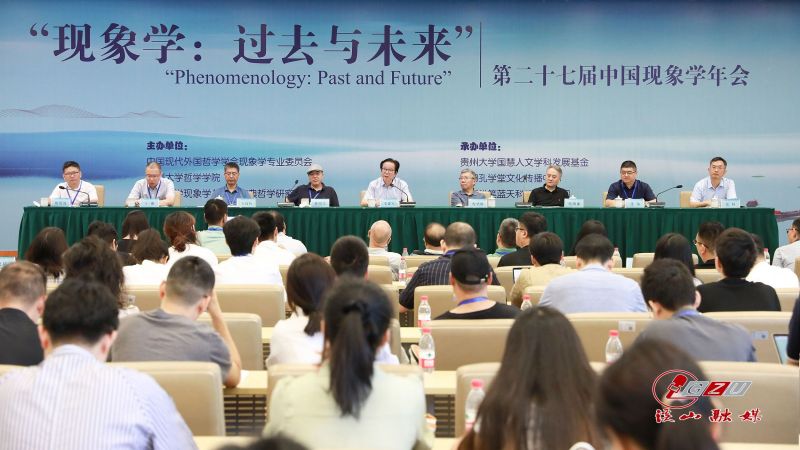
During the opening ceremony on August 19th, Li Jianjun, Secretary of the CPC GZU Committee, Sun Zhouxing, the Vice Chairman of the Chinese Society for Modern Foreign Philosophy, and Zhang Wei, Chairman of the Phenomenology Committee for the Chinese Society of Modern Foreign Philosophy delivered speeches. Chen Yanbo, Dean of the College of Philosophy and Social Development at GZU, chaired the event.
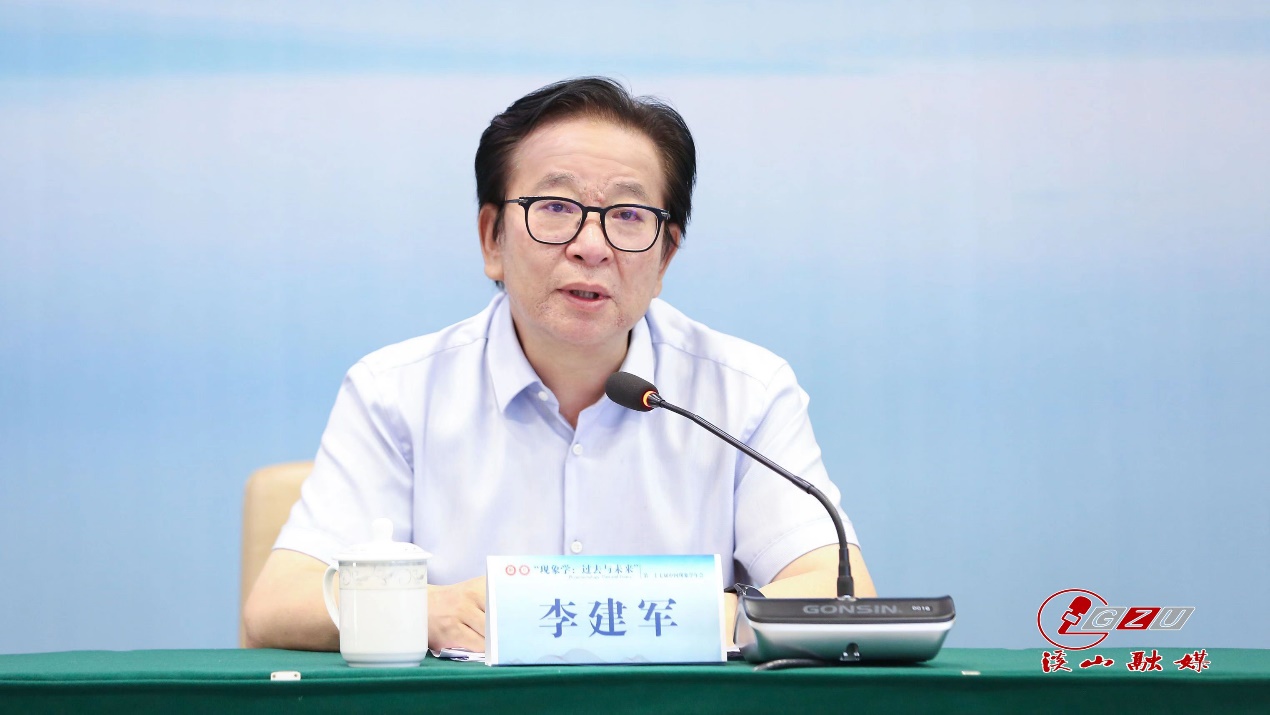
During his speech, Li Jianjun congratulated the conference on behalf of GZU and welcomed all experts and scholars from across the country. He briefly introduced GZU's history and academic programs, emphasizing that research centered on phenomenology in China should be intricately combined with outstanding traditional Chinese culture. The research on phenomenology requires us to expand our visions by incorporating the ancient culture of the East, while traditional Chinese culture becomes more vibrant as a result of such integrations between contemporary Eastern and Western civilization. Li also remarked that the research on phenomenology will usher in a refreshing outlook in China if it draws on the merits of Chinese traditional culture. Lastly, he expressed his hope that the annual conference could further promote research on phenomenology in China.
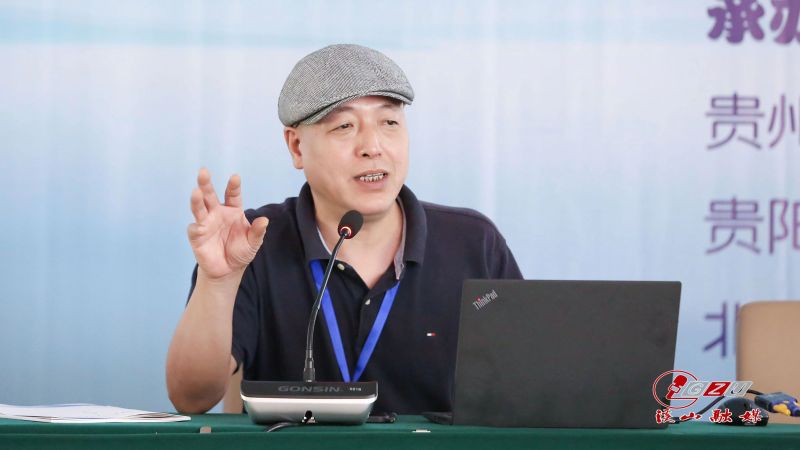
Sun Zhouxing, on behalf of the Chinese Society for Modern Foreign Philosophy, congratulated the conference and thanked GZU for organizing the event. He noted that phenomenology is prevalent in various aspects of our life and artistic expression given its influence and creativity. The Phenomenology Committee is the first under the Chinese Society for Modern Foreign Philosophy and has become a pivotal player in advancing philosophical research in China over the years.
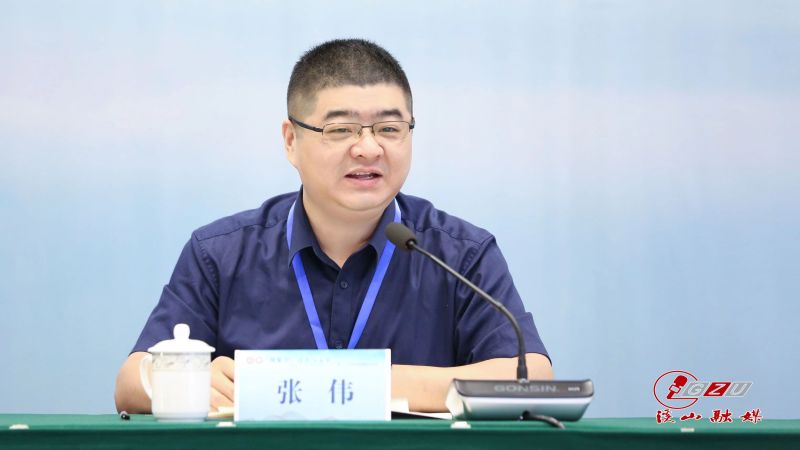
Zhang Wei, representing the Phenomenology Committee of the Chinese Society for Modern Foreign Philosophy, welcomed all participants and expressed gratitude to the host and organizers of the conference. He reported on the work of the committee dating back to the outbreak of the COVID-19 pandemic. He mentioned that this conference is very special as it is the first Chinese Phenomenology Conference held in Guizhou and the first offline annual meeting since the pandemic. Despite the challenges during the pandemic, the committee had managed to hold a conference yearly. He expressed his appreciation towards those who had been committed to such efforts and also those who could make the conference happen. In his closing remarks, Zhang explained the significance of "Phenomenology: Past and Future" from various perspectives, including phenomenology itself, its impact and progress, as well as the dimensions of time and space.
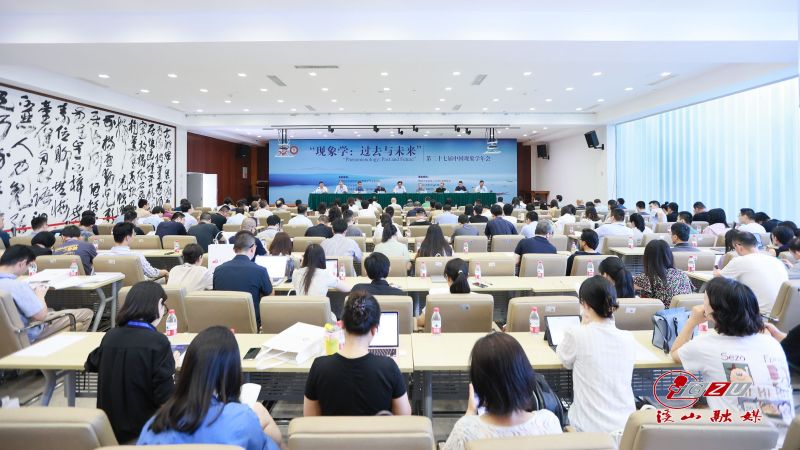
After the opening ceremony, the conference proceeded to the report session, which was chaired by Fang Xianghong, Vice Chairman of the Chinese Society for Modern Foreign Philosophy and professor at Department of Philosophy of Sun Yat-sen University. The keynote speakers included professors from the School of Philosophy at different universities, such as Ni Liangkang and Sun Zhouxing from Zhejiang University, and Ouyang Qian from Renmin University of China.
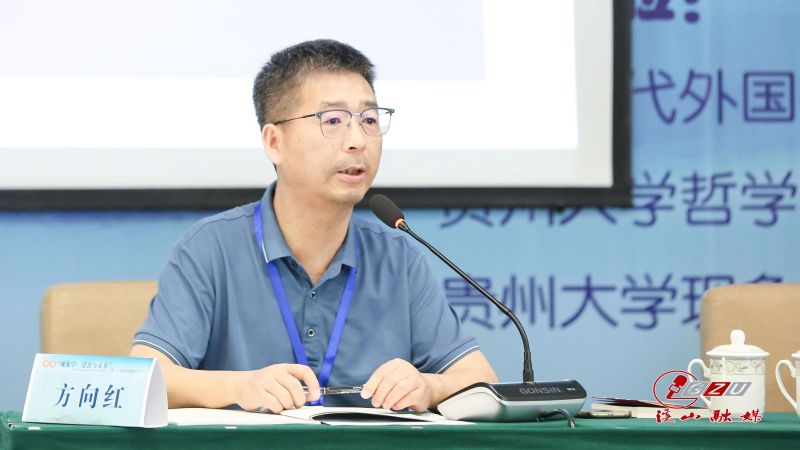
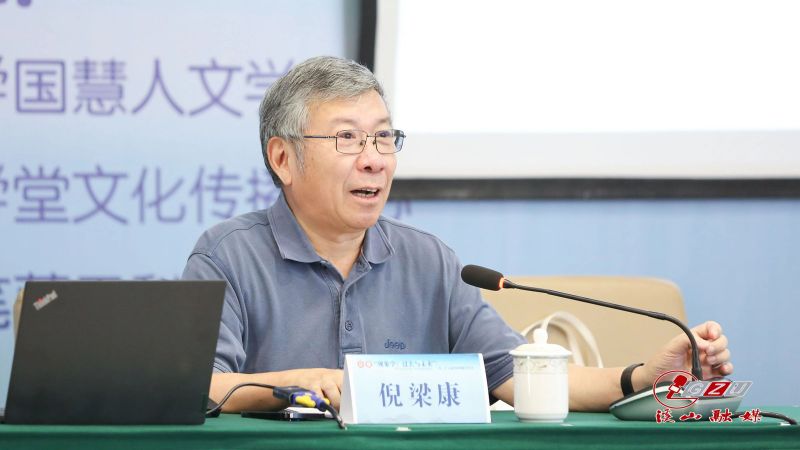
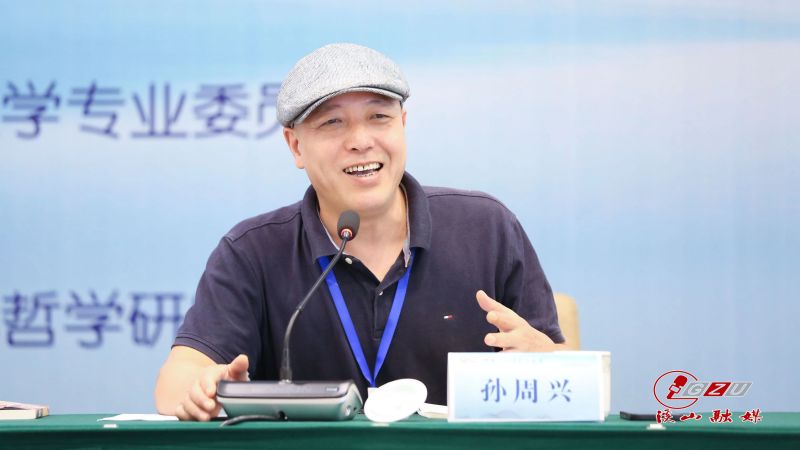
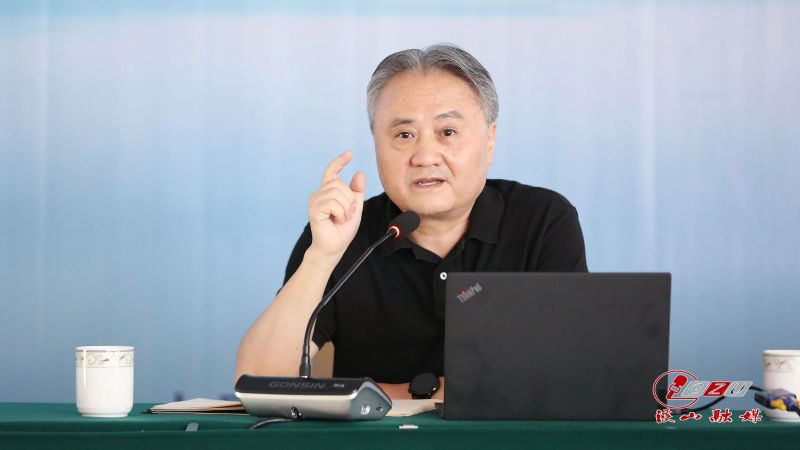
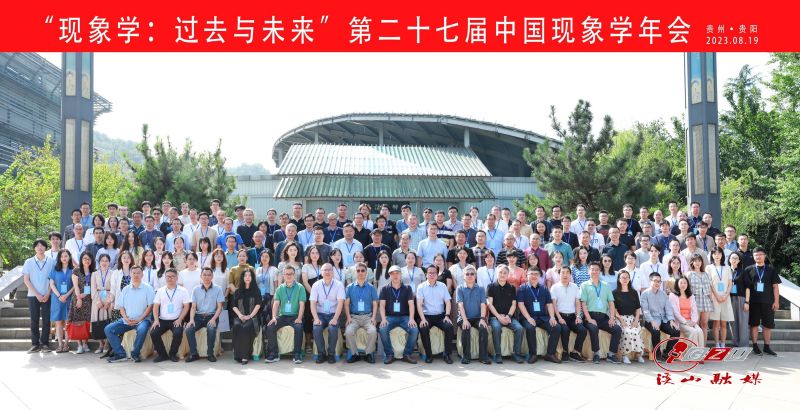
Editor: Han Xiaomei
Chief Editor: Li Xufeng
Senior Editor: Yang Nan
Translator: Li Xiaorong